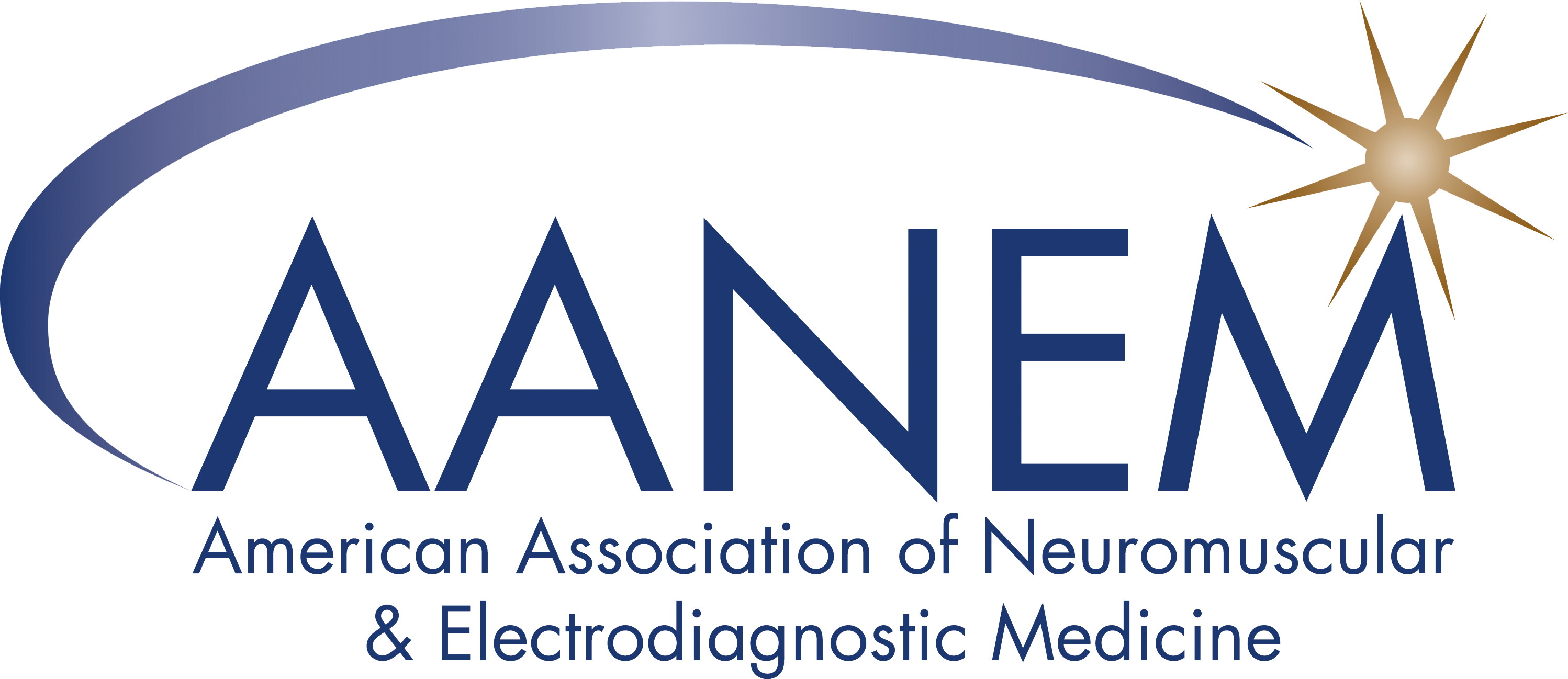AANEM Connect

Join this vibrant community of professionals eager to exchange ideas, share resources, and engage in meaningful discussions. Use this platform as a sounding board to seek advice for navigating challenging cases or career decisions, and receive expert guidance from generous peers who want to help you succeed.
paralysis difficult to diagnose
Good morning to all. I will try to present a case as summarized as possible. An 81-year-old woman presented with progressive loss of muscle strength in her left hand, ascending to the shoulder, a clinical condition that began 7 months ago. muscle weakness has compromised the left lower limb to a lesser extent. She has a history of severe left trigeminal neuralgia a few months earlier, which required several interventions, including infiltrations. In June of last year she had an electromyography with a possible diagnosis of C8, T1 radiculopathy. Clinical doctors have dismissed the electromyographic findings, whether due to images of the cervical spine without signs of disc pathology that explains the compression of the lower cervical roots, presence of old infarction in the territory of the left PICA and in brain MRI with small vessel disease Fazekas 2-3. They manage it as sequelae of cerebrovascular disease. an orthopedist requests the examination again. physical examination with signs of upper and lower motor neuron in the left hemibody, the motor conductions of the left median and ulnar nerves are absent, no further striking alterations are evident in the motor and sensory conductions. The study with a monopolar needle shows signs of denervation in the left first interosseous and abductor pollicis brevis, and in the left tibialis anterior with neuropathic units. What do you think, dear colleagues? Do you think it's ALS vs MNN? . What other diagnostic option could I have?
I appreciate the attention provided
In order to comment on posts and view posts in their entirety, please login with your AANEM member account information.
I enjoy participating in the AANEM Connect Forum for a number of reasons. There are very fundamental questions posed on a frequent basis that cause me to pause and ask myself, ‘Why didn’t I think of that?’ Also, I continue to learn new things when others contribute their thoughts and experiences. Connect is an excellent opportunity for members to interact and to address any topic, including those that may not be discussed at an annual meeting or journal article.
Daniel Dumitru, MD, PhD
